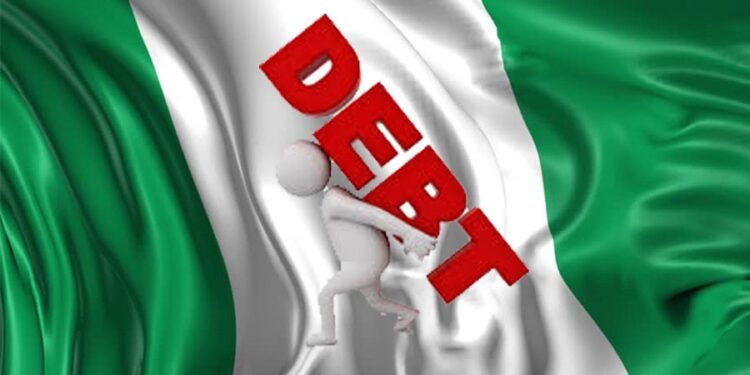The Nigerian government recently released the latest figures on its external debt stock as of March 31, 2023. The grand total of Nigeria’s external debt stock stands at $42,671.70 million, encompassing debts from various sources. The report provides a comprehensive breakdown of the country’s debt, highlighting the contributions of various international institutions and bilateral partners.
Lateral Debts:
Under the category of Lateral debts, the International Monetary Fund (IMF) holds the largest share, with a total of $3,303.03 million. The World Bank Group, consisting of the International Development Association (IDA) and the International Bank for Reconstruction and Development (IBRD), follows closely, with IDA accounting for $13,841.31 million and IBRD contributing $488.35 million. The African Development Bank Group also plays a significant role, with the African Development Bank holding $1,573.70 million, the Africa Growing Together Fund contributing $19.97 million, the African Development Fund providing $972.55 million, and the Arab Bank for Economic Development in Africa contributing $5.34 million. Additionally, the European Development Fund holds $37.74 million, the Islamic Development Bank accounts for $144.12 million, and the International Fund for Agricultural Development contributes $272.30 million. In total, the lateral debts amount to $20,658.41 million, making up 48.41% of the country’s external debt.
Bilateral Debts:
Nigeria’s bilateral debts involve loans received from various countries. China, through the Exim Bank of China, holds the largest share, providing a total of $4,336.51 million. France, represented by the Agence Francaise Development, contributes $593.75 million, while Japan, through the Japan International Cooperation Agency, accounts for $62.02 million. India, with the Exim Bank of India, provides $26.64 million, and Germany, represented by the Kreditanstalt Fur Wiederaufbau, contributes $144.75 million. The bilateral debts amount to $5,163.68 million, making up 12.10% of the total external debt.
Commercial Debts:
Under the commercial debt category, Eurobonds dominate, representing a substantial share of $15,618.35 million. However, no Diaspora Bond has been recorded in this report. Commercial debts contribute 36.60% to the country’s external debt.
Promissory Notes:
Promissory Notes constitute $931.26 million, making up 2.18% of the total external debt. These financial instruments serve as legally binding commitments to repay specific amounts at specific times.
Syndicated Debts:
Syndicated debts, arranged by the Africa Finance Corporation (AFC), account for $300.00 million, making up 0.70% of the country’s external debt.
Overall, the breakdown of Nigeria’s external debt underscores the importance of responsible financial management and strategic decision-making to ensure the country’s long-term economic stability. It is crucial for the Nigerian government to effectively manage and service these debts while exploring avenues for sustainable economic growth and reducing reliance on external borrowing.










